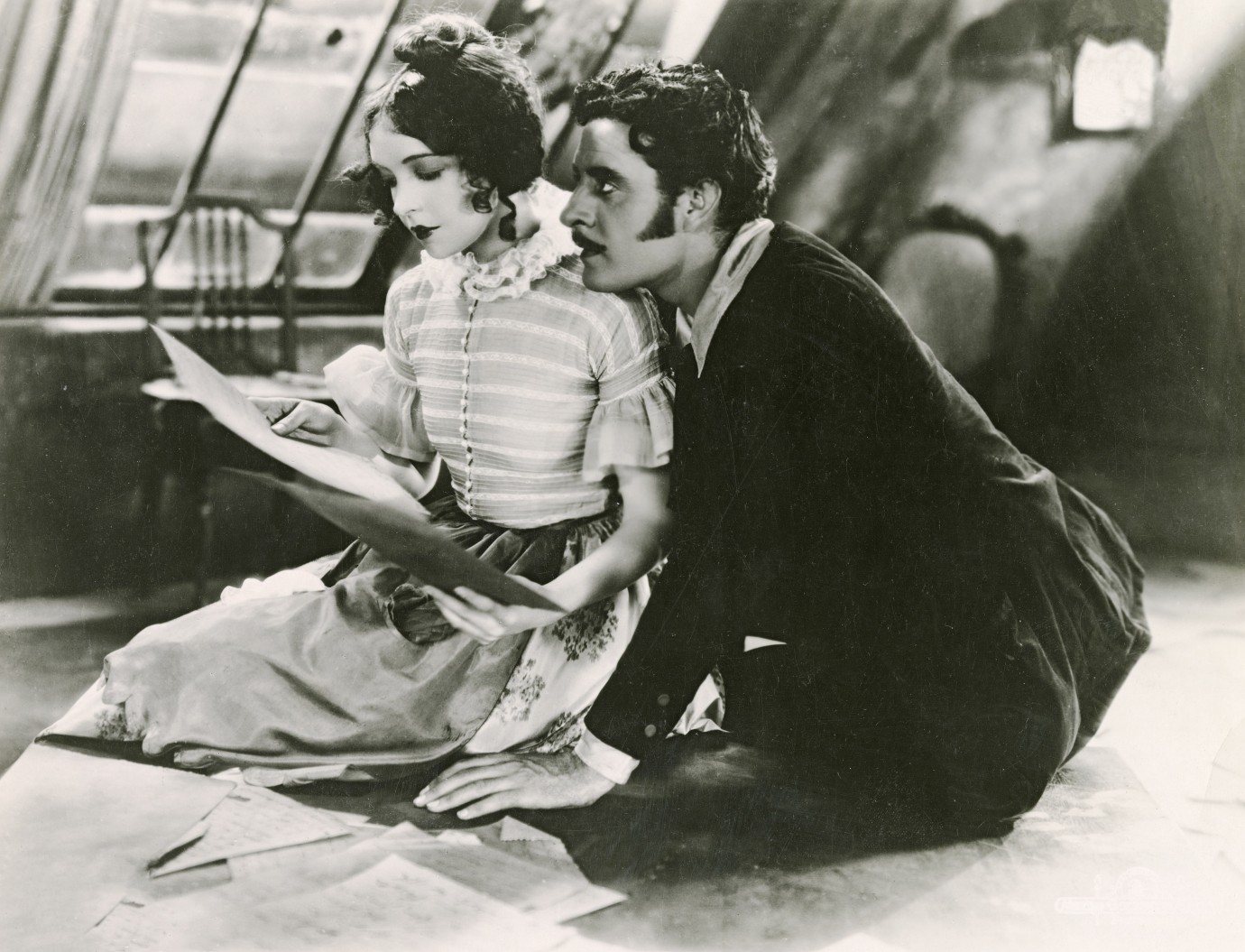La Bohème


Lillian Gish, John Gilbert
La Bohème by King Vidor
USA 1926, Retrospective
Source: Deutsche Kinemathek, © 1926 Turner Entertainment Co. All Rights Reserved.

John Gilbert, Lillian Gish
La Bohème by King Vidor
USA 1926, Retrospective
© 1926 Turner Entertainment Co. All Rights Reserved.

La Bohème by King Vidor
USA 1926, Retrospective
Source: Deutsche Kinemathek, © 1926 Turner Entertainment Co. All Rights Reserved.

King Vidor
La Bohème by King Vidor
USA 1926, Retrospective
Source: Sammlung Cinémathèque suisse. Alle Rechte vorbehalten.
With
- Lillian Gish
- John Gilbert
- Renée Adorée
- George Hassell
- Roy D’Arcy
- Edward Everett Horton
- Karl Dane
- Frank Currier
- Mathilde Comont
- Gino Corrado
Crew
| Director | King Vidor |
| Screenplay | Fred De Gresac |
| Story | Henri Murger Scènes de la vie de Bohème (1847–49) |
| Cinematography | Hendrik Sartov |
| Editing | Hugh Wynn |
| Art Director | Cedric Gibbons, A. Arnold Gillespie |
| Costumes | Romain de Tirtoff-Erté |
| Producer | Irving Thalberg |
Produced by
Metro-Goldwyn-Mayer Corp. (Loew’s, Inc.) (King Vidor’s production)
Additional information
Print: 35mm print courtesy of the Packard Humanities Institute, Santa Clarita, CA